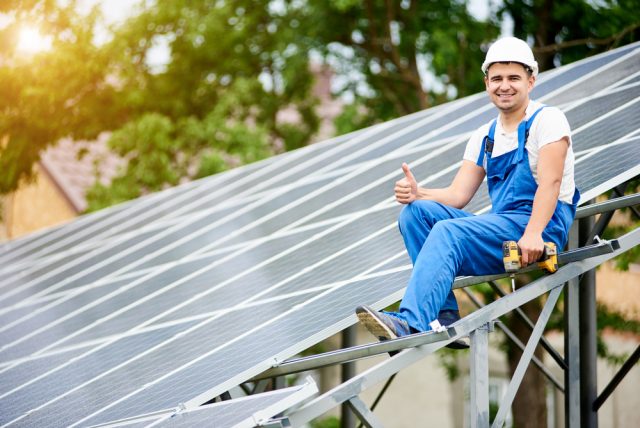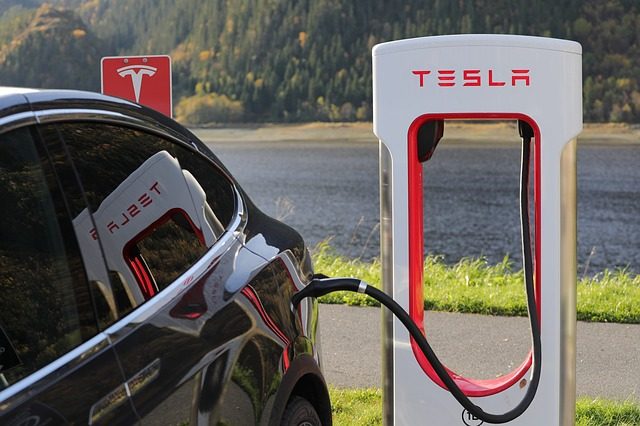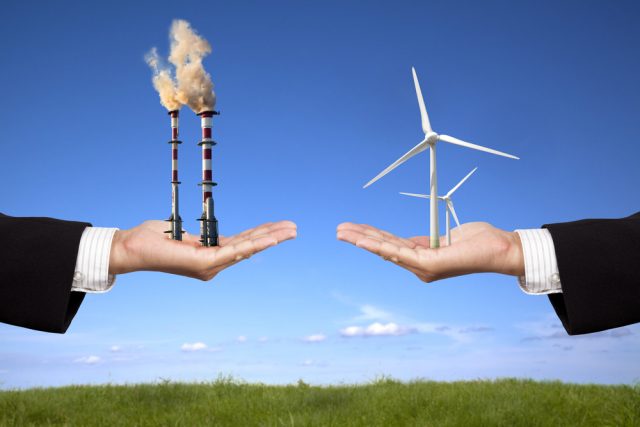Canada’s 2019 Budget Includes Substantial Focus on Energy Efficiency
On March 19, the Canadian federal government released its 2019 budget, highlighting a continued significant focus on clean energy as the nation seeks to ramp up its continuing efforts to meet its 2030 climate change targets.
Finance Minister Bill Morneau’s final budget ahead of October’s federal election offers several notable investments for the renewable energy sector, including clean tech.

“We’re going to invest in the middle class and in the things that matter most to Canadians: good jobs, strong communities, a clean environment and better opportunities for future generations,” Morneau said.
2019 Budget Highlights
Titled “Investing in the Middle Class,” the newly revealed budget announced significant new investments in moving Canada to a cleaner energy future based on renewable power and smart technologies.
New investments of particular note earmarked in the budget include:
- $1.01 billion to increase energy efficiency in residential, commercial and multi-unit buildings, including via the deployment of distributed generation;
- $300 million for zero-emissions vehicle purchase incentives;
- $2.2 billion in additional infrastructure funding for communities, including for community energy systems;
- support for planning efforts by jurisdictions looking to advance clean energy projects; and
- actions to help smooth Canada’s transition away from coal-fired power.
New Budget Accelerates Focus on Green Vehicles
Morneau also noted the brand-new 2019 budget places a specific emphasis on making zero-emissions vehicles affordable for more Canadians, with a new federal purchase incentive of up to $5,000 for electric battery or hydrogen fuel-cell vehicles.
The incentives are part of the $300 million the federal government has allotted over a three-year period beginning in late 2019 in an effort to encourage more Canadiansto buy zero-emissions vehicles.

Meanwhile, the federal government has committed to providing $130 million to Natural Resources Canada over a five-year period starting in 2019 for the deployment of electric vehicle charging stations at several locations.
Though the federal government has set a goal to sell 100 percent zero-emission vehicles by 2040, it has opted not to impose a mandatory target on automobile manufacturers.
Canada Is a Global Leader in Renewable Energy
Canada is banking on a transition to low-carbon, renewable sources of energy to help meet its Paris Agreement targets for reducing greenhouse gases, as well as its ambitious national goal of cutting 79 million tons of carbon pollution within the next 11 years as part of its efforts to avoid the dangerous effects of global climate change.
“Climate change is driving an urgency to accelerate the adoption of cleaner energy systems, including low-cost non-emitting renewable electricity generation, and it is encouraging to see the federal government taking steps to enable the shift to sustained decarbonization,” said Jean-François Nolet, vice president of policy and communications at the Canadian Wind Energy Association.

“Our sector applauds the government of Canada’s continued investments in energy system transition — in particular in the deployment of clean, renewable resources like solar power,” said John Gorman, president and CEO of the Canadian Solar Industries Association. “The benefits of these investments will span far beyond the businesses and homeowners eager to embrace solar energy. They will extend throughout our entire economy and will create skilled trades jobs for generations.”




